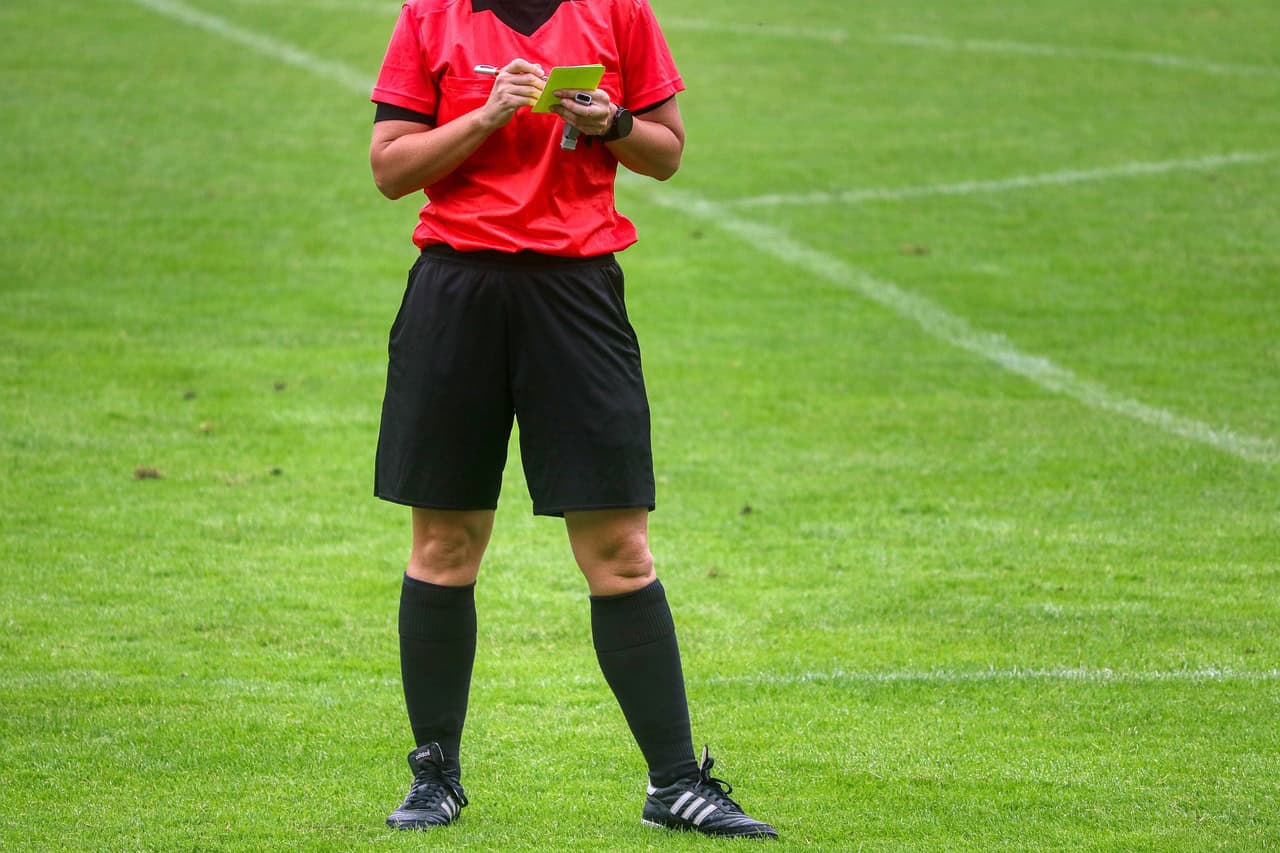VAR (Video Assistant Referee) has undeniably changed the flow of Premier League matches.
Stoppage time has generally increased as referees now need time to run back to the VAR monitor to review footage and make informed decisions.
This reduces the intensity of the game somewhat, as it creates bigger breaks between play.
However, the benefits of this new technology are undeniable and ensure that Premier League football can be played with greater accuracy.
Not only does this make the game more accurate, but also more rewarding for sports bettors.
Spread betting at football betting sites allows players to predict how many goals will be scored during the game.
Players are then rewarded based on the accuracy of their goal predictions.
VAR ensures there is no doubt about goals scored, which makes football betting fairer.
What is VAR?
A VAR system consists of several broadcast cameras that are strategically positioned around a football stadium.
These cameras are controlled and monitored by a team from a VAR room.
Should this team notice anything during the game – i.e., foul play – they’ll relay this information to the referee and linesmen via an earpiece.
This provides backup for referees, who often struggle to keep tabs on all players at all times.
VAR playbacks can also be initiated by the ref should they find themselves uncertain about what they saw.
For example, if they aren’t 100% sure whether the ball crossed the line, they can pause the game, run over to the VAR viewing stand, and review the chain of events that just occurred.
There are four main aspects of the game that VAR is used to review.
This includes goals, penalties, fouls, and cases of potential mistaken identity.
Why was VAR introduced?
VAR wasn’t only introduced to benefit the sports bettor.
According to FIFA, a football field must be 105 metres by 68 metres.
This is a huge amount of ground to cover for one referee and two linesmen.
It would be impossible for these three officials to review everything that’s going on in the pitch at all times – despite it being their job.
This is why VAR is necessary – to provide extra eyes for the refs and linesmen.
While professional football has existed for centuries without VAR technology, there have been many glaringly poor decisions made by referees over the years.
For example, goals have been awarded when the ball didn’t even cross the line, goals have been disallowed even though they clearly crossed the line, and red cards have been given when the player didn’t even do anything wrong – amongst many other poor decisions.
This is why VAR is now considered necessary by the Premier League as well as most other professional football associations.
Does VAR change the flow of the game?
Yes, VAR does alter the flow of the game.
If the referee needs to run over to the VAR viewing screen, it can sometimes add minutes of stoppage time to the game.
This leaves the players, spectators, and viewers at home waiting for several minutes.
A lot can happen during a few minutes of stoppage time in a game of football.
Goal momentum can be lost, players can forget who they were marking, and managers can implement strategic changes.
Overall, continual VAR stoppage time interrupts the natural flow of the game.
Although it would be difficult to determine, these interruptions could, in some way, hinder a team.
For example, if a VAR stoppage hadn’t occurred, perhaps a team’s momentum would have led them to score a goal.
On the other hand, a VAR stoppage gives players more time to think and strategise.
These stoppages could, therefore, be seen as beneficial to players who like to plan moves ahead of time.
But how does this impact the viewers in the stadium and at home?
A survey conducted by YouGov in May 2024 found that 68% of spectators felt that VAR makes football less enjoyable.
Elsewhere, YouGov also found that the majority of football fans feel that VAR should be kept, but the rules around its usage should be altered.
For example, the reasons for VAR checking should be limited to reduce stoppage time.
There is an argument that referees have now become overdependent on VAR technology and can no longer make decisions on their own.
Some football fans feel that the technology should only be used to determine whether or not a goal was a goal, while the rest of the gameplay should be the referee’s responsibility.
Final thoughts
VAR technology guarantees accurate decisions, but at what cost?
Football is a fast-paced game, and both players and spectators agree that it should be kept this way.
New rules regarding VAR will likely come into place in the near future.





Comments